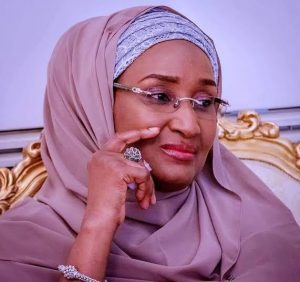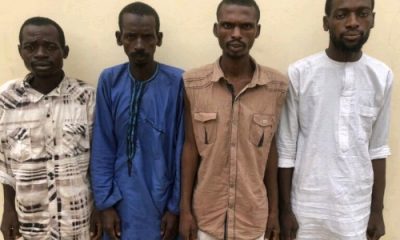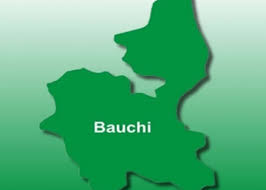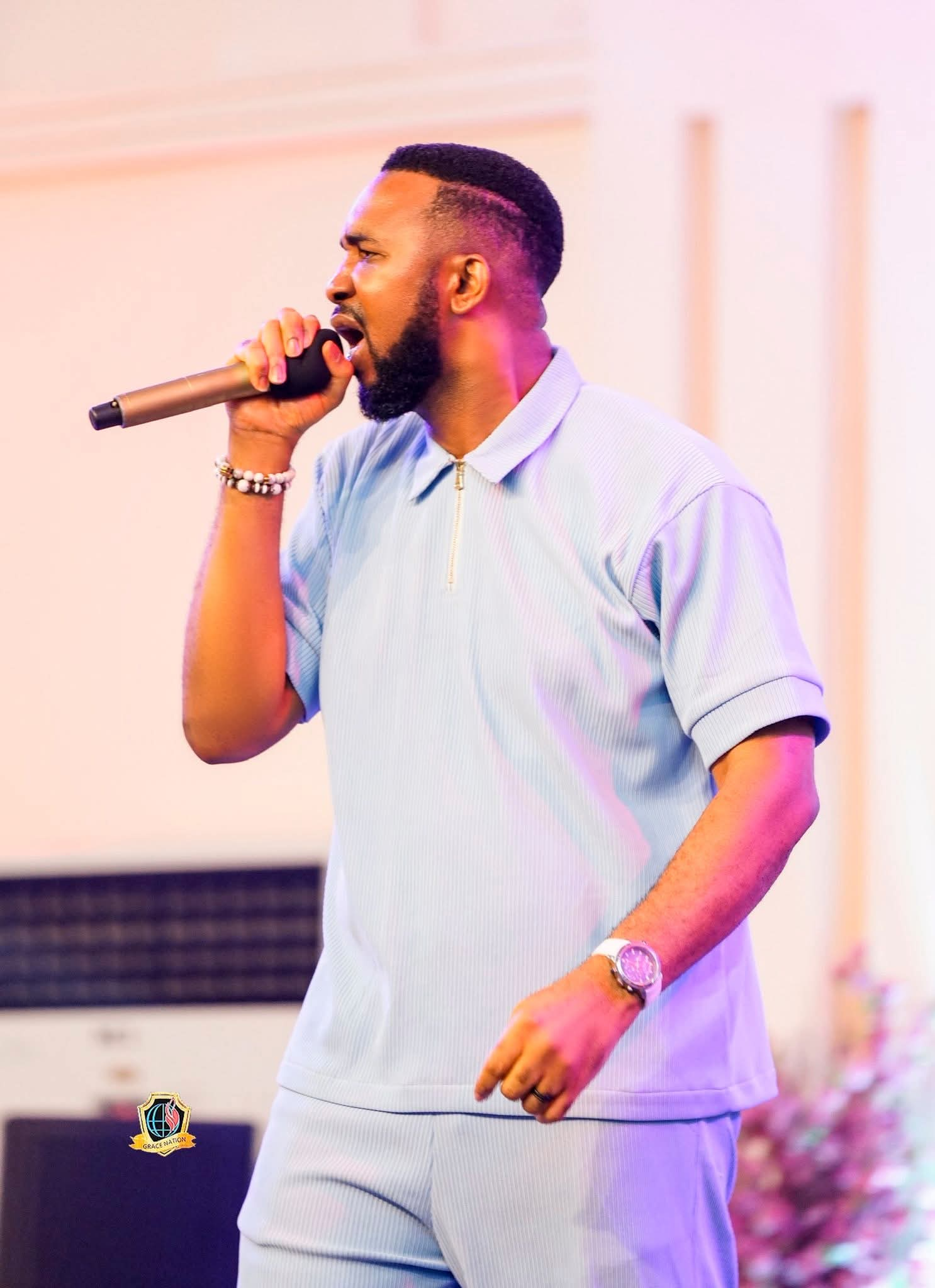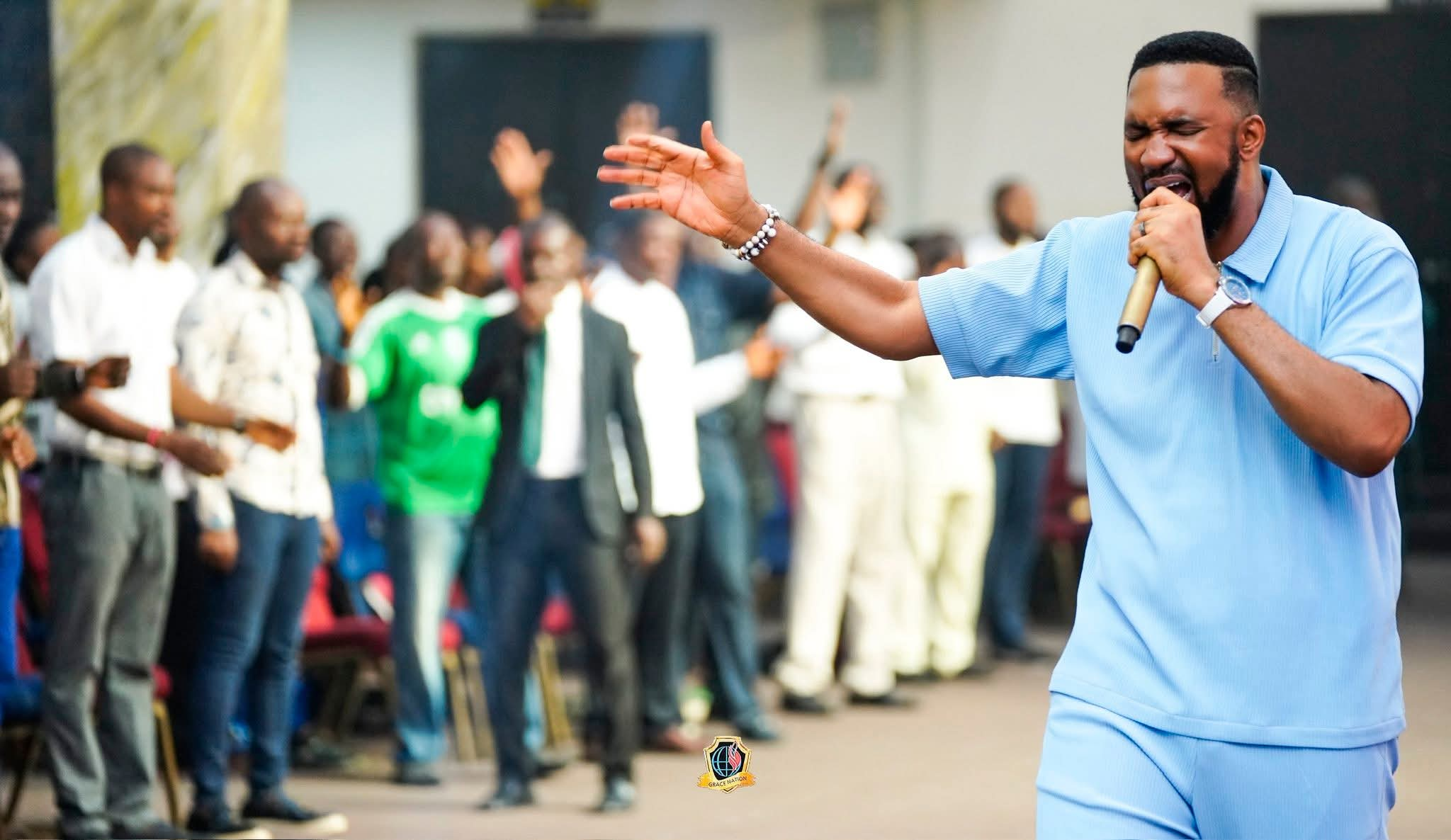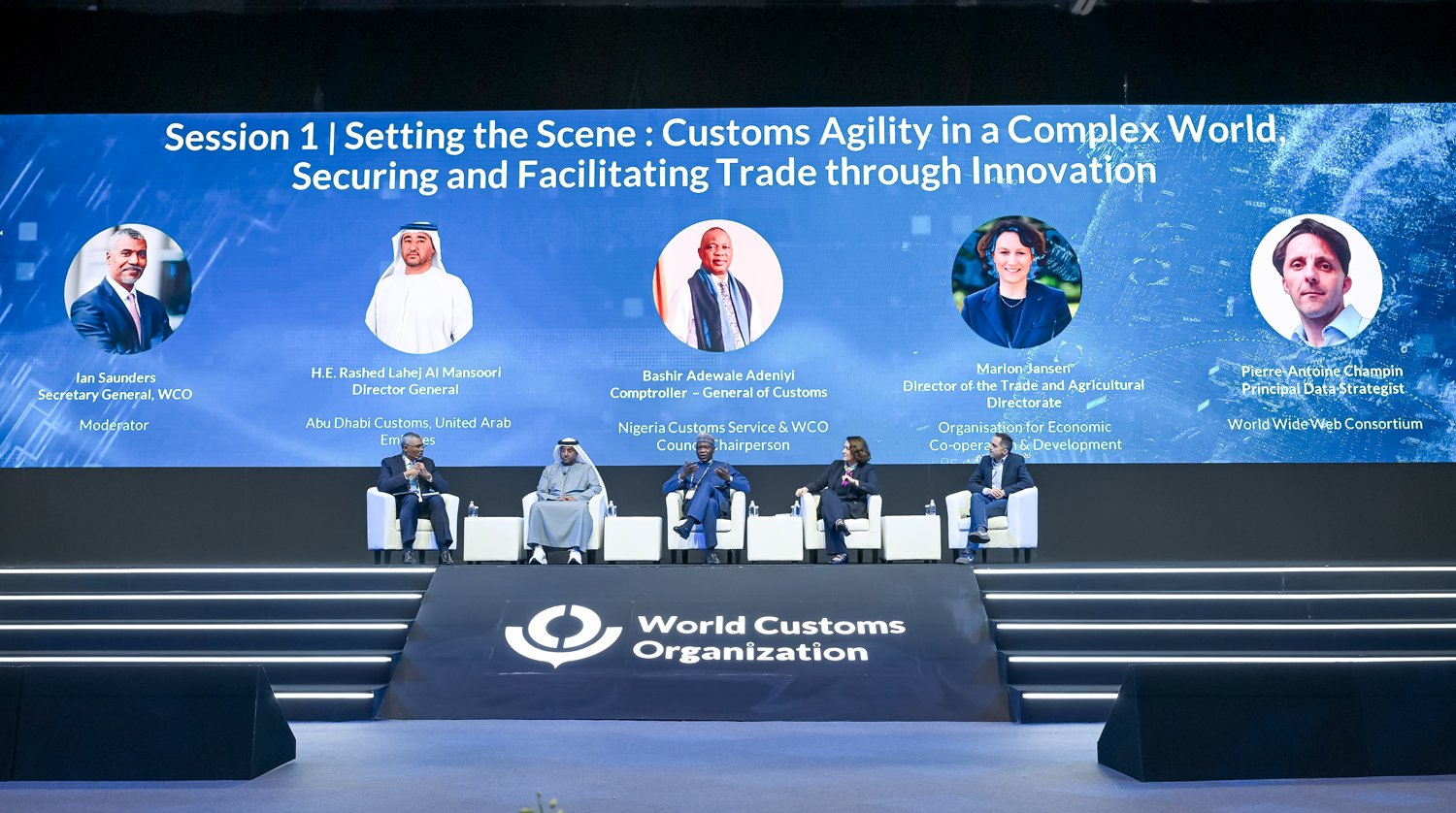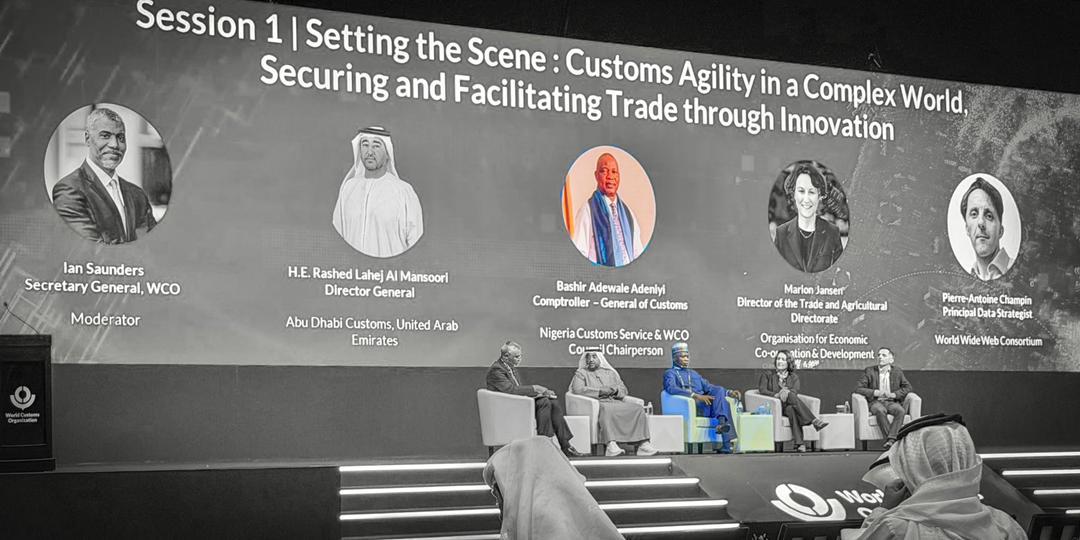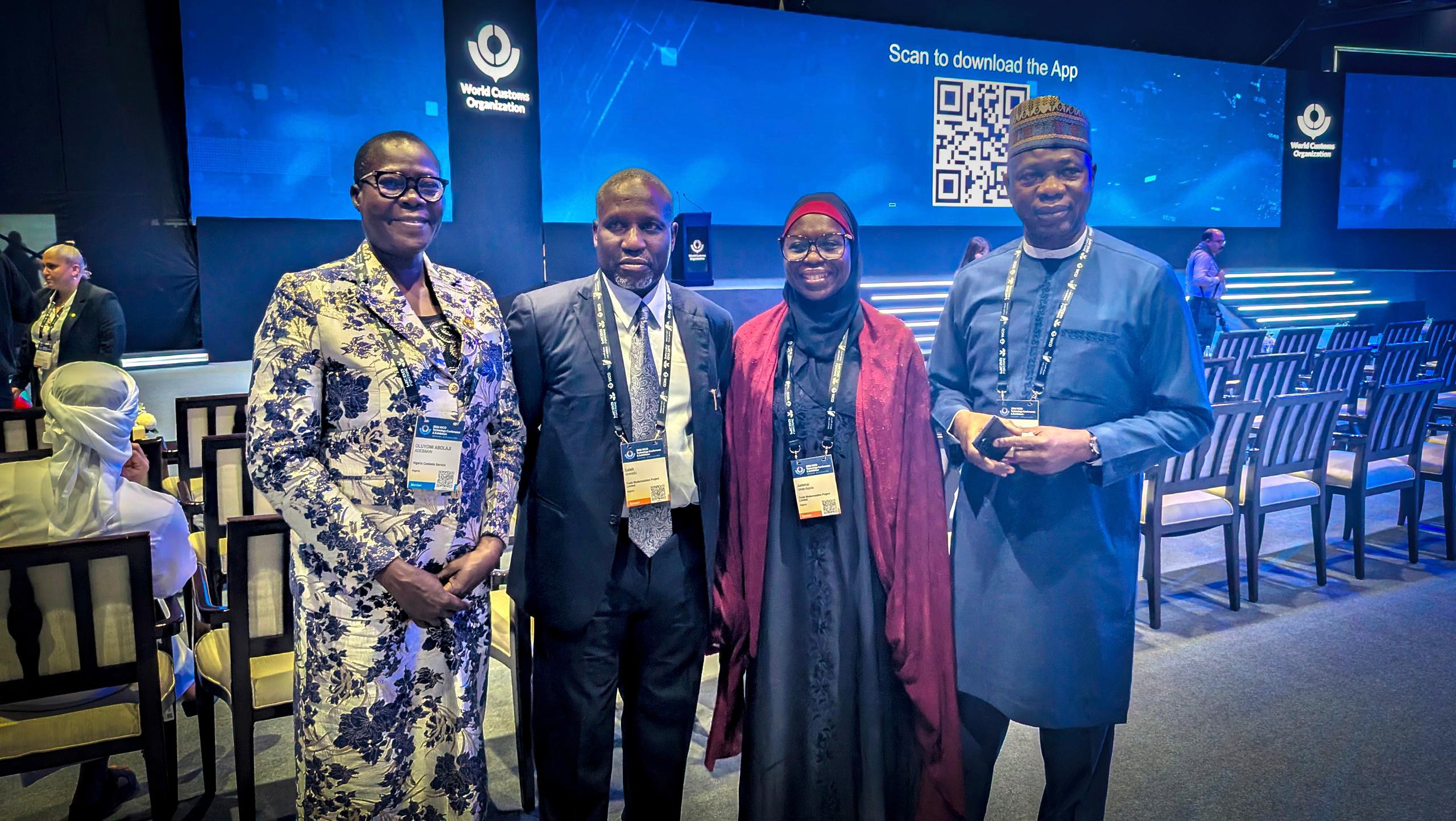Uncategorized
That impending feast of vultures in Bauchi forebodes evil for Nigeria
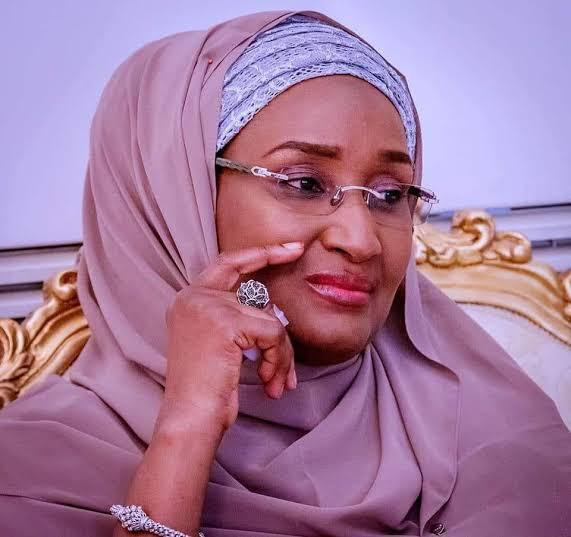
That impending feast of vultures in Bauchi forebodes evil for Nigeria
By Mohammed Adamu
Nigeria is in the throes of corruption. It is the singular evil that has amplified every other thing that ails the nation. Almost all crimes in the land can be attributed to the impact of corruption on the individual and collective psyche – when apprehended, the modern-day Nigerian bandit, terrorist, armed robber, ritualist and even petty criminals now wear this defiance on their faces as if to remind us, the hapless spectator of them being paraded by law enforcement, that their crimes pale in significance compared to some people that are in the position of leadership.
This resort to extreme measures as a result of the perceived irredeemable corruption of the ruling class has worsened over time as Nigerians began to realise that those in public offices are beginning to make it their family affairs, whereby a public office holder corners the commonwealth to perpetrate his offspring and wards in public offices. It is a dubious way of creating modern monarchies and fiefdoms in a country that prides itself as a republic.
But if we fret over greedy politicians, it perhaps means we have not met the poster couple for the disaster that is unfolding in the land. Corruption has married sleaze and their destination is the Presidential Villa, where the abominable product of this coitus is desirous of one day presiding over the affairs of Nigeria.
Their plan is already unfolding.
Sadiya Umar Farouq is the Minister, of the Federal Ministry of Humanitarian Affairs, Disaster Management and Social Development (FMHADMSD). For clarity, that ministry superintends seven (7) agencies, viz the National Emergency Management Agency (NEMA), North East Development Commission, (NEDC), National Commission for Refugees, Migrants and Internally Displaced People (NCFRMI), Sustainable Development Goals (SDGs), National Agency for Prohibition of Trafficking in Persons (NAPTIP) and the recently created, National Commission for People with Disability (NCPWD).
These are agencies with billions of naira allocated to them annually in the national budget. Before Farouq took the helms of affairs as ministers, many of these agencies were pacesetters in that Nigerians in those days could relate to what they do and how they are relevant in the daily lives of citizens, especially when the unpleasant need arose to rely on the interventions offered by these entities. But since the ministry was created and Farouq was drafted to oversee it and by implication, these agencies, they have all tumbled in reckoning and are now shadows of themselves.
The surprise is that these agencies are even now receiving larger allocations than before they came under Farouq’s purview. The huge funds allocated to them now miraculously fall into the black hole that is Farouq’s pockets. Nigerians might have become quiet about it because nothing was done to Farouq despite the outrage they expressed in 2020 when this woman performed the miracle of feeding school children in two states and the Federal Capital Territory with N500 million at a time that schools were closed because of the COVID-19 lockdown. Much as Nigerians were outraged by this brazen theft of scarce national resources, the abracadabra school feeding was pale in significance against accounts of how contracts for buying COVID-19 relief materials were inflated, and awarded to cronies who allegedly made financial returns to the minister, it was also alleged that relief materials were hoarded, re-sold or diverted for political patronage.
Maybe the land would have been able to abide this corrupt evil had the perpetrator not unsurprisingly loved up with a former Chief of Air Staff, retired Air Marshal Sadique Abubakar. Before their marriage and after their marriage, when the husband was still the Air Chief, the duo were well known for depriving the Nigerian Air Force of operational aircraft simply to ferry his then fiancé and later wife. For context, this is not a Divisional Police Officer relinquishing a patrol van to his girlfriend to go shopping, it the then Air Chief depriving troops of fighting capabilities against terrorists while diverting a logistic aircraft to fly Farouq around in style.
Diverting one aircraft for conjugal jaunting is a small matter for a man who allegedly pocketed as much of the funds meant for running the Air Force as possible. Little wonder air support for our gallant troops was virtually absent during his stay at the helm of affairs in that crucial institution. One of the few instances he made of show of providing air support ended in the Rann massacre, in which scores of Nigerians were killed by friendly fire from the Sadique Abubakar-led Air Force at that time. So, he cannot keep his hands out the tills and he cannot carry out his assigned duties diligently yet he aspires to the highest offices in the land.
That these two, one serving and one former public office holders, are now married is their kettle of fish. What is of concern is that the duo has now set sight on the governorship seat of Bauchi state as a prelude to Sadique Abubakar running for the office of President, Federal Republic of Nigeria when the zoning of that position next swings north. This forbodes evil for Nigeria because this couple will not only appropriate the country to themselves but they would also be murderously dictatorial from the much we have seen of them.
It is instructive that the funds looted from the Federal Ministry of Humanitarian Affairs, Disaster Management and Social Development are now surfacing in Bauchi state, where Sadiya Farouq, reportedly doles out bales of naira and foreign currencies to those from whom she is seeking political favours. A beneficiary recounted an incidence, just before the All Progressive Congress (APC) governorship, how each person that passed through the couple’s home on this particular day went away with at least one million naira.
The money that should have been spent on air assets for combatting terrorism similarly showed up during the APC governorship primary in Bauchi, which Sadique Abubakar bought and is now the APC candidate. The manner he spent money to buy the ticket has distorted the political landscape of the state just as it is altering the security landscape of the state for the worse. The portion of the funds that went to terrorist cells that Sadique Abubakar allegedly used to suppress opposition to his emergence is now flooding the state with small and light weapons that analysts have predicted would help Boko Haram/Islamic State West African Province to resurge. A development that is not surprising since other analysts, with the benefit of hindsight, are now saying Sadique Abubakar must have anticipated hence a possible deliberate compromising of the counter-terrorism war on his part – did he withhold air support from the war on terrorists so that they are available for him to use as foot soldiers for achieving his governorship ambition? He is the only one that can answer that.
One thing is certain, the Sadique Abubakar and Sadiya Farouq combo is a toxic component that has no place in the Nigerian political space given their antecedents. They steal whatever is kept in their care without remorse and they have not shown any inkling of planning to quit the dirty habit. Even if they lied that the perfidy under their watch in their various official positions was the work of their subordinates or staff, that would have proven that they are incapable of being efficient supervisors and are in no capacity to manage the affairs of Bauchi state as governor and first lady talk less of being the president of Nigeria.
There are therefore urgent tasks for stakeholders in Bauchi state. The APC chapter in the state must retrace its steps to correct the error of allocating or selling the governorship ticket to the former Chief of Air Staff. It is a decision they would rue should he go ahead to win at the General Elections – all their state’s resources would be personalized by this hardened character who would then proceed to deploy them for pursuing his presidential ambition, a position he hopes to occupy with his partner in crime by his side as the first lady.
Where the APC fails to correct its errors, the matter would then be in the hands of the Bauchi electorates, who must see a vote against Sadique Abubakar as a vote cast for saving their dear state from the claws of a carrion eater, a vulture. In undertaking this assignment, the voters in Bauchi state must see themselves as saving Nigeria from a calamitous disaster in the future. The country cannot afford to have a tag team that is this dubious to be further rewarded with higher offices. This means that this problem is no longer a Bauchi state affair alone. They must realize that they owe the rest of us a responsibility to not export this disaster to the national level and the way to do that is to stop him now at the state level.
And to this Nigeria’s version of “Bonnie and Clyde” a word of advice. They should take time off from pillaging the public treasury at any level of government. They should go on a permanent honeymoon to perpetually celebrate their marriage of convenience as a criminal duo with the much they have taken from the country. That is until such a time that Nigerians will demand a refund and restitution from them. For now, Nigeria does not need the vultures that they are in the national space.
—Adamu wrote this piece from ATBU Bauchi.
news
Ramadan 2026: Let’s Be United, Shina Akanni Urges Muslims.
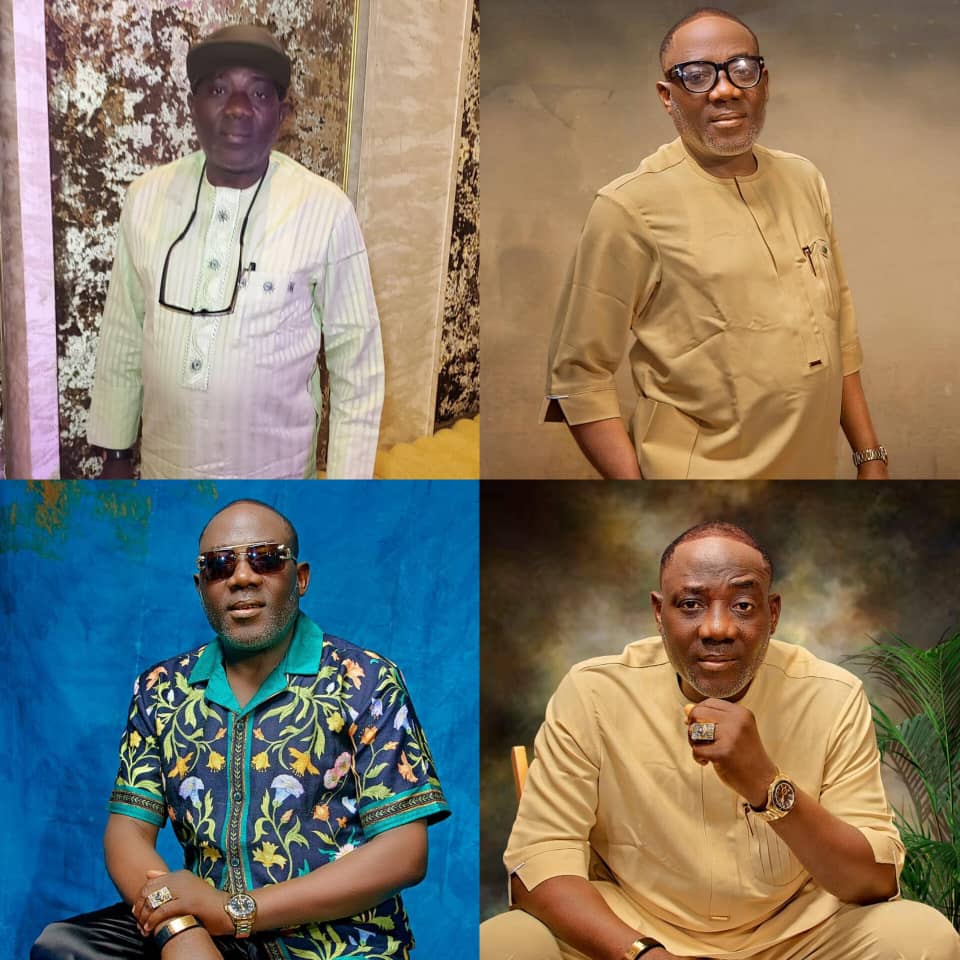
Ramadan 2026: Let’s Be United, Shina Akanni Urges Muslims.
As Muslims all over the world begins the 30 days compulsory fasting and prayer today,top Fuji Musician Aare Sir Shina Akanni Aroworeyin Scorpido has congratulates them for witnessing another month of Ramadan.
Akanni advised them to follow the teachings of the the Holy Prophet Muhammad (SAW) which is peaceful co existence among themselves and their neighbor ‘because Islam is Religion of peace”.
He said the month of Ramadan is an holy month therefore Muslims should try as much as they can to maintain peaceful coexistence among themselves and others and that they should see themselves as ambassador of peace.
While praying for Nigeria,Aare Sir Shina Akanni Aroworeyin Scorpido said he believes that there will be an economic turnaround soon because what’s is happening now are signs of thought times that never last “if we can pecevere things will get better”.
The Scorpido crooner who recently released a hip hop single titled “Magbelo” said he is currently working on a complete album which will be released before the end of the year.
Aare Sir Shina Akanni Aroworeyin Scorpido whose last album ‘ABCD” is still in hot demand said that his next album will be a pot pouri of all kinds of music because his brand of Fuji music is a blend Fuji , Hip-hop,Apala ,Highlife and others.
Uncategorized
The Enemies Within: Jonahs Are Not Manageable — Dr. Chris Okafor
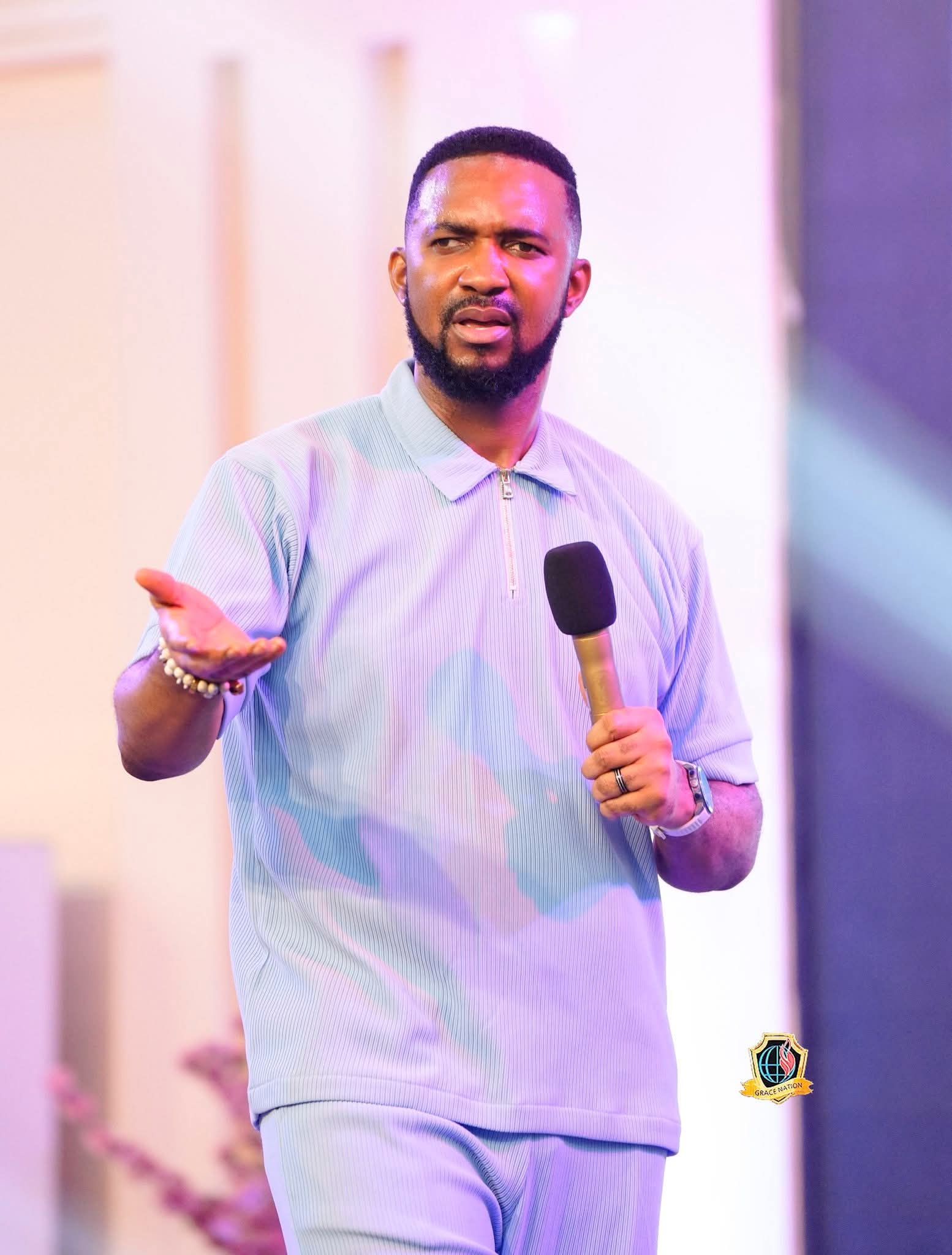
The Enemies Within:
Jonahs Are Not Manageable — Dr. Chris Okafor
…….“To remove Jonah, you must bring Jesus into the matter.”
When a “Jonah” enters a person’s life, confusion, gossip, blackmail, betrayal, and the pull-him-down syndrome often follow. But the moment Jesus Christ is invited into the situation, the storm subsides and stability is restored.
This was the central message delivered by the Generational Prophet of God and Senior Pastor of Grace Nation Global, Dr. Chris Okafor, during the midweek non-denominational Prophetic Healing, Deliverance and Solutions Service (PHDS) held at the international headquarters of Grace Nation Worldwide in Ojodu Berger, Lagos, Nigeria.
The Clergyman also declared that Nothing Happens Without Spiritual Influence
In his sermon titled “The Enemies Within,” Dr. Okafor declared that nothing happens without spiritual involvement. According to him, every visible battle has an invisible root.
Referencing the biblical story of Jonah, the Man of God explained that Jonah’s presence on the ship gave access to a contrary spirit that tormented everyone onboard.
Despite the losses suffered by innocent traders and sailors, the storm persisted because of one man’s disobedience.
However, he noted that when Jesus speaks into a situation, every storm must obey. Just as Christ rebuked the storm and it ceased, so too will the storms in believers’ lives subside when He is invited into their “boat.”
*The Impact of a Jonah*
Dr. Okafor further emphasized that “Jonahs” are difficult to manage. When such individuals are present in one’s circle, progress becomes delayed.
What should ordinarily manifest quickly may be prolonged or frustrated because someone close—someone who understands you deeply—may be operating as a spiritual adversary.
He explained that negative narratives, unnecessary battles, and unexplained setbacks often begin when a “Jonah” gains access to a person’s inner circle.
*The Solution*
“To remove Jonah from the boat of your life,” the Generational Prophet declared, “you must invite Jesus Christ into the matter.”
According to him, when Jesus takes control of the boat, the plans of the enemy are overturned.
What was designed for downfall becomes a testimony. No storm or battle can succeed where Christ reigns, and the enemy is ultimately put to shame.
The midweek service witnessed a strong prophetic atmosphere, with the power of God evident through deliverance, restoration, and divine revelations.
The Generational Prophet ministered deeply in the prophetic, calling out names, villages, and addressing alleged spiritual strongholds, as many lives were reportedly restored—all to the glory of God.
By Sunday Adeyemi
Uncategorized
FROM BORDER TO MARKETS: HOW NIGERIA’S REFORMS ARE REWRITING AND MODERNISING TRADE FACILITATION By O’tega Ogra
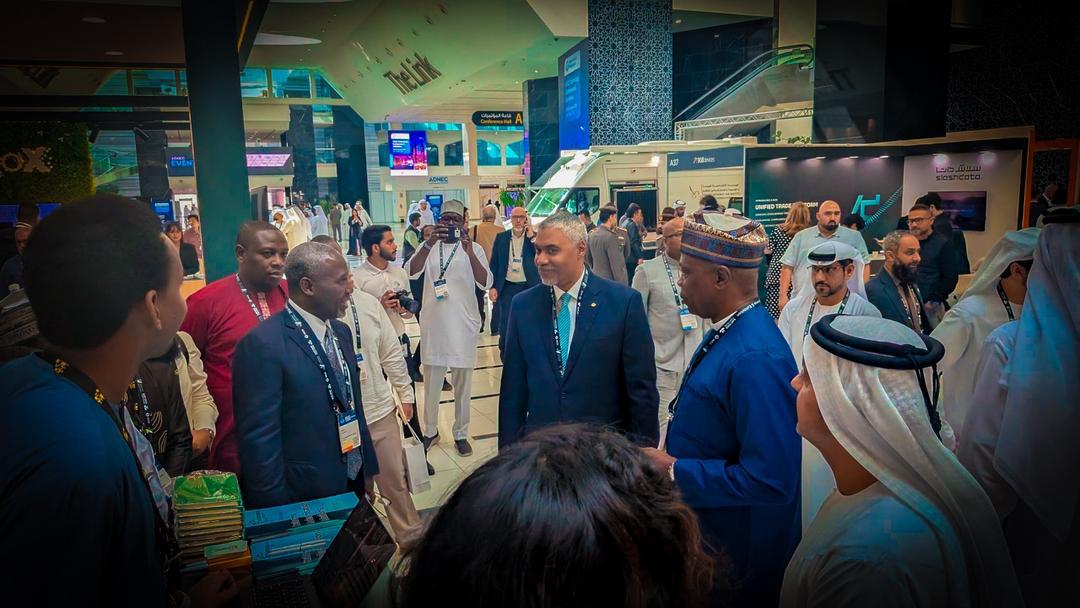
FROM BORDER TO MARKETS: HOW NIGERIA’S REFORMS ARE REWRITING AND MODERNISING TRADE FACILITATION
By O’tega Ogra
On the surface, the 2026 World Customs Organization (WCO) Technology Conference in Abu Dhabi, held in the last week of January, followed a familiar script: flags, formal sessions, carefully worded speeches. But beneath the choreography, something more consequential was unfolding. As customs chiefs and trade officials compared notes on the future of borders, Nigeria arrived not with theory, but with a working proposition.
The Nigeria Customs Service (NCS) Modernisation Project, being implemented through Trade Modernisation Project (TMP) Limited, unveiled to a global audience of customs administrators and policy leaders a window into how Africa’s largest economy is confronting one of the most complex challenges in public administration: reforming the machinery of trade while it is still running.
For decades, customs reform was treated largely as a technical exercise—frequent patches here, shoddy fixes there; new software in one corner, revised procedures in another. Nigeria’s presence in Abu Dhabi signalled something different. TMP Limited, working in partnership with the NCS, advanced the argument that trade is a cornerstone of economic development and must be supported by organic, sustainable partner ecosystems. Such ecosystems deliver speed and trust, revenue and credibility, and secure borders without stifling commerce.
That argument resonated in a room increasingly aware that global trade is no longer defined solely by tariffs and treaties, but by data, interoperability, and the quiet efficiency of systems that simply work.
The annual WCO Technology Conference has, in recent years, become a barometer for the direction of global trade governance. This year’s discussions reflected a shared anxiety: supply chains are more fragile, compliance risks are rising, and governments face mounting pressure to collect revenue without discouraging investment. Customs administrations now sit at the intersection of all three.
Nigeria’s response has been to attempt a full reset.
At the heart of this effort is the NCS Modernisation Project, implemented through a Public-Private Partnership (PPP) arrangement with TMP Limited as the concessionaire. The project seeks to replace fragmented technology deployments and manual processes within the Nigeria Customs Service with a single, integrated framework. This is anchored on B’Odogwu, a Unified Customs Management System (UCMS) that brings together cargo clearance, risk management, payments, and inter-agency collaboration. The ambition is sweeping—and so are the stakes.
Alhaji Saleh Ahmadu, OON, Chairman of TMP, framed the initiative as nothing less than an institutional reconstruction, designed to position the NCS at the forefront of global customs administration technology, aligned with international standards and assurance frameworks.
“Digital trade modernisation is not just about upgrading systems,” he told participants in Abu Dhabi. “It is about upgrading trust, predictability, and confidence in how trade flows through our borders.”
That choice of words matters. Nigeria’s economy has long struggled with the perception gap between its size and the ease of doing business. Investors cite delays. Traders complain of opacity. Government points to revenue leakages. In this context, customs reform becomes as much a credibility project as a technical one.
Saleh’s message was timely and direct: modern trade demands modern customs. Data-driven processes, automation, and risk-based controls are no longer luxuries; they are prerequisites for competitiveness in a world where capital moves faster than policy.
The institutional face of this digital transformation is the Comptroller-General of Customs, Bashir Adewale Adeniyi, who led Nigeria’s delegation to Abu Dhabi. His message reflected a subtle but important shift in how customs leadership now understands its role.
“Customs administrations today must evolve from gatekeepers to facilitators of legitimate trade,” Adeniyi said. “Nigeria’s customs modernisation project reflects our determination to place the Nigeria Customs Service at the centre of national economic transformation.”
It is a familiar refrain globally, but one that carries particular weight in Nigeria, where customs revenue remains a critical pillar of public finance. Automation, Adeniyi argued, is not about weakening control; it is about strengthening it through intelligence rather than discretion.
Risk management systems reduce unnecessary physical inspections. Integrated platforms limit human contact. Data analytics improve compliance targeting. When executed well, the result is faster clearance for compliant traders and tighter scrutiny for high-risk consignments.
In Abu Dhabi, peers from Asia, Europe, and Latin America listened closely to Nigeria’s presentation. Reforming customs in a small, open economy is one thing. Doing so in a market of over 200 million people, home to some of Africa’s busiest ports and its largest economy, is quite another.
Nigeria’s engagement emphasised that customs modernisation is embedded within a broader economic reform agenda under President Bola Ahmed Tinubu, GCFR. Simplifying trade procedures, strengthening revenue assurance, and aligning with international standards form part of a wider effort to reposition the economy for investment-led growth.
What makes the project particularly noteworthy is its insistence on end-to-end coherence. Rather than digitising isolated functions, the reform aims to connect agencies, harmonise data, and reduce duplication across government—an all-of-government approach that acknowledges an uncomfortable truth: trade friction is often created not at the border, but between institutions.
The WCO 2026 Technology Conference offered Nigeria more than a platform; it provided a stress test. Questions from peers were pointed. How will change be sustained across political cycles? How will capacity be built? How will entrenched institutional behaviours be unlearned?
The responses were pragmatic. Reform is being phased. Training programmes are ongoing. International benchmarks are being adopted not as slogans, but as operating standards. There were no claims of perfection—only a clear statement of intent.
“Our engagement here underscores Nigeria’s commitment to international cooperation,” Adeniyi noted. “We are learning, sharing, and contributing to global conversations on the future of customs administration.”
That contribution matters. As Africa moves to deepen regional trade under continental frameworks, customs efficiency will determine whether integration succeeds in practice or remains aspirational on paper. Nigeria’s experience, if successful, could offer a valuable template for other developing economies navigating similar constraints.
In Abu Dhabi, the mood was cautious but curious. Reform fatigue is real in many countries. Yet there was a growing sense that Nigeria’s effort—precisely because of its scale and difficulty—deserves attention.
Borders are rarely glamorous. But they are decisive. In choosing to modernise its borders in public, under global scrutiny, Nigeria is signalling something beyond technical competence. It is signalling seriousness.
And in global trade, seriousness still counts.
O’tega Ogra is Senior Special Assistant to President Bola Ahmed Tinubu, GCFR, responsible for the Office of Digital Engagement, Communications and Strategy in the Presidency.
-

 celebrity radar - gossips6 months ago
celebrity radar - gossips6 months agoWhy Babangida’s Hilltop Home Became Nigeria’s Political “Mecca”
-

 society6 months ago
society6 months agoPower is a Loan, Not a Possession: The Sacred Duty of Planting People
-

 society5 months ago
society5 months agoReligion: Africa’s Oldest Weapon of Enslavement and the Forgotten Truth
-

 news6 months ago
news6 months agoTHE APPOINTMENT OF WASIU AYINDE BY THE FEDERAL GOVERNMENT AS AN AMBASSADOR SOUNDS EMBARRASSING

